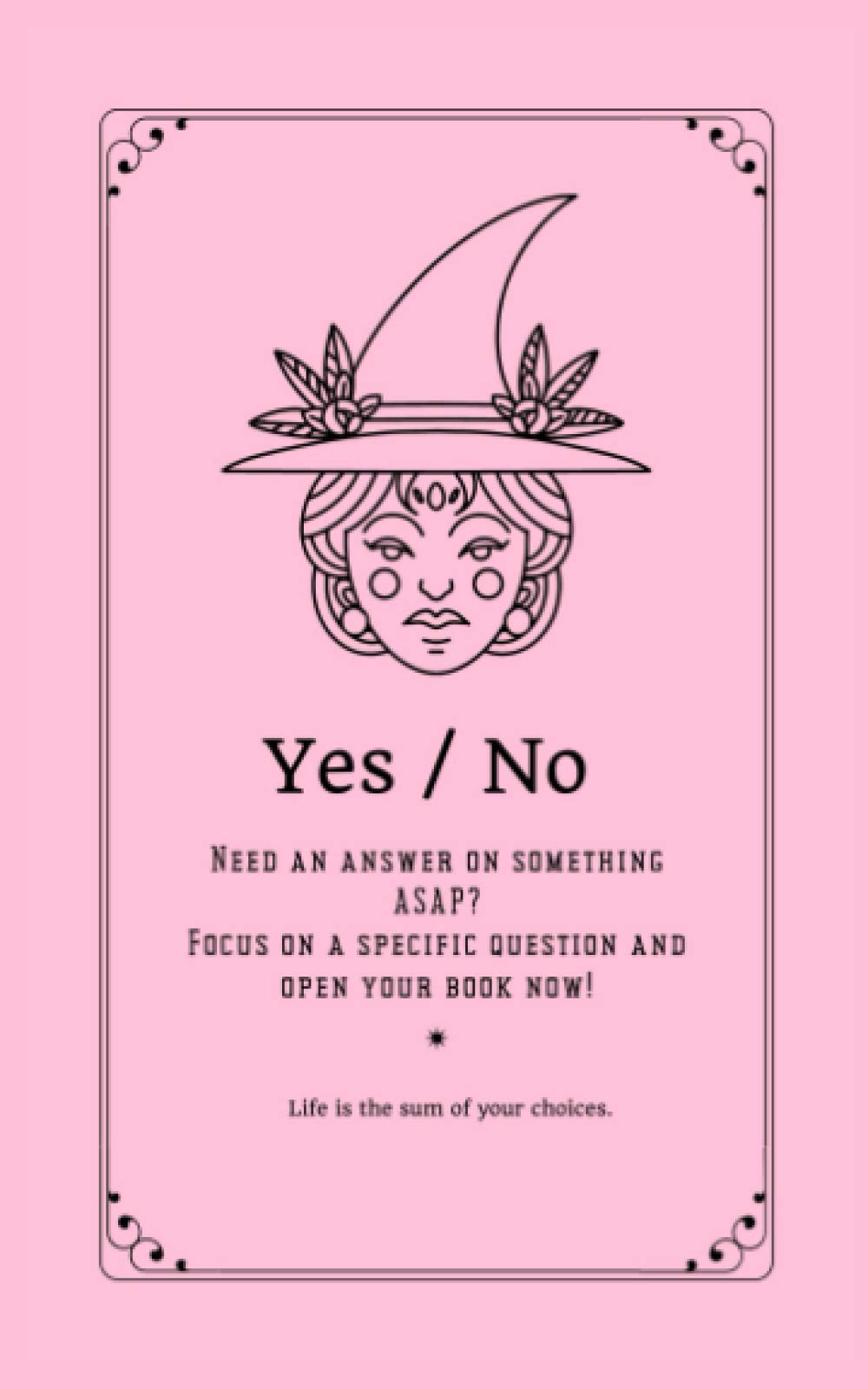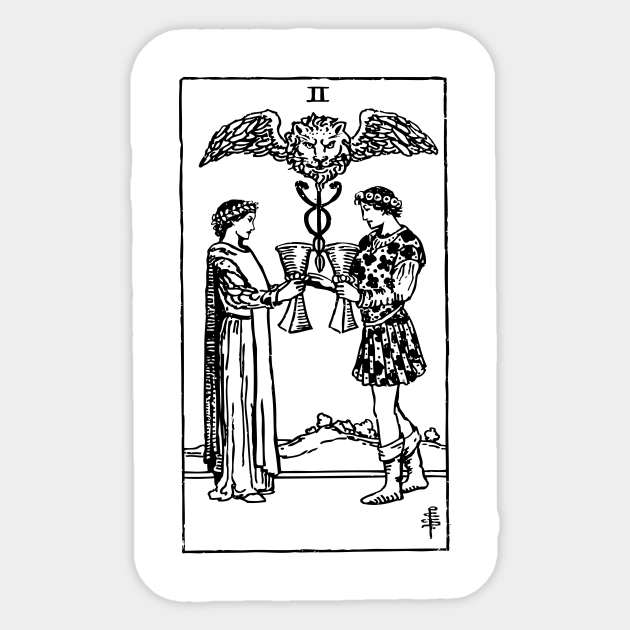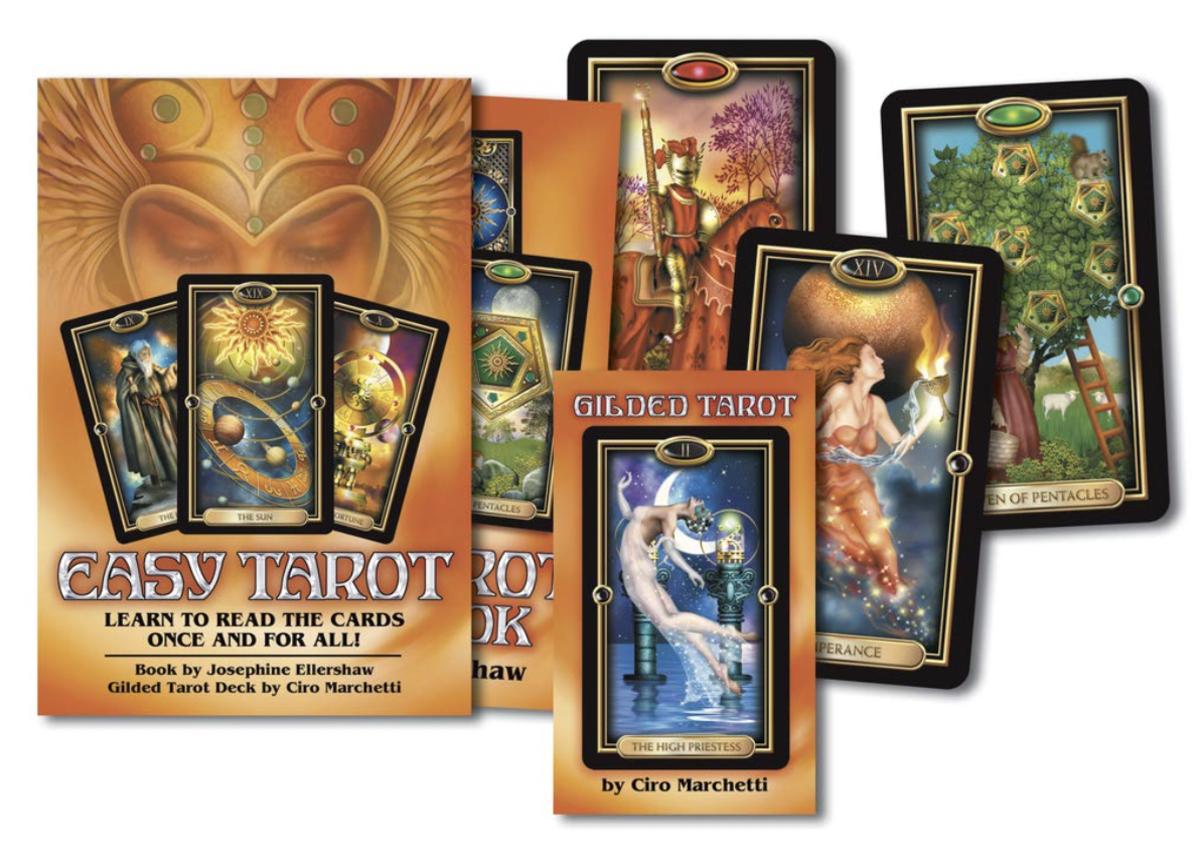
The star card is the seventeenth card in a Traditional Tarot Deck's Major Arcana. This card is used in divination and in game playing. The meanings of the Star can vary. Below are more details about the meanings of the Star. The star can have either a positive or reverse meaning.
Positive meanings of the Star Tarot
Depending on who is looking at the card, the Star could have positive or negative meanings. It can indicate a time when you're moving forward and progressing in your relationships. It can also indicate someone who is jealous of your abilities or achievements and is waiting to knock you off your pedestal or commit a travesty. It is better to remain realistic and concentrate on the positive things in life.
Stars can signal a new partnership or financial change. You might be able to sell some of your possessions or earn more money. It could also signal that you are experiencing a career change. This can also indicate that you are ready to advance in your field.

You can expect to feel more optimistic and able to move forward with your life after you have received a positive star reading. You will feel a renewed sense gratitude for the Universe's gifts. You'll become more aware and clearer about yourself.
Tarot The Star: Reversed meanings
The Star is a symbol that represents hope and direction. Having faith in your abilities will help you to overcome obstacles. Be practical, and don't forget the material world. If your Star is reversed, you may be unable to cope with the world. This could lead to despair or hopelessness.
Reversed Stars may also indicate that your faith is slipping away in the Universe. You might be wondering why all of life is happening and why you are here. You might want to reconnect with the spiritual side of your being and to be thankful for the small moments in life.
The Star could also be used to indicate your relationship with someone else. It could also signify the beginning of a new partnership in a relationship. The Star could also indicate a relationship that is not working out for both of you. The Star could indicate that one person is being over-available to the world and external demands. The reversed Star may indicate that you should focus more on your friendships and talents to attract love. You could end up wasting energy on nothing that is worthwhile, and this will cause you to lose your precious feelings.

Tarot Star Meaning in a Yes/No Reading
In a yes/no reading, the Star card is a powerful symbol. It indicates that you can get through difficult times without losing your faith and that you have the ability to move on. You'll find inner strength and appreciation for the good in your life after suffering.
Positive predictions are also associated with the Star. It may indicate positive predictions by appearing in a yes/no tarot card reading. The Star can also indicate a change in your professional or romantic life.
The Star's reverse reading in a no or yes reading can indicate hopelessness, or a lack in confidence in love and relationships. This may be a sign that you aren’t giving your best effort. This isn’t something to be proud of, but it’s an indication that you have a negative outlook.
FAQ
What are some hobbies that would suit introverts?
The ability to focus on just one thing is a hallmark of introverts. They enjoy solitude and prefer to read, write, play music, watch movies, etc.
They enjoy being alone and spending time alone. They do not like to socialize all day. In fact, they often find themselves bored when surrounded by people.
This is why introverts choose hobbies that make them feel alone. An introvert might like to read, listen to music, take photographs, paint, write poetry, or even create art.
Some introverts will even live alone. They can focus on their hobbies and not be distracted by other people.
What are observation hobbies exactly?
Observation hobbies involve watching people do the things they love. They might include watching sports, reading books, going on holiday, etc. You might also enjoy observing other people.
Because they teach you how to think creatively, observation hobbies are great. You can apply this knowledge later on when you work with others.
You'll find that if you're interested in something, then you'll have an easier time learning about it.
For example, if you want to know more about football, you may watch a game or read a book about it. You could visit or take part in exhibitions if you are interested in learning more about photography.
You could also buy a guitar or play along online to music if you are a musician.
You could also choose to cook at home or go to restaurants if you are a good cook.
If gardening is your passion, you can grow vegetables and flowers.
If you are a fan of dancing, you can join a class or go out with your friends to learn.
If you like painting, you could paint pictures.
Writing poetry or stories is a passion if you are a writer.
You could also draw pictures if you enjoy drawing.
If you are passionate about animals, you can look after them or work at the zoo.
If science interests you, you can study biology, chemistry or physics.
If history is your passion, you can either read books or watch films. Or you could listen to podcasts.
You could explore the world or travel to places you love if you are a lover of traveling.
What are some competitive hobbies?
There are many competitive sports, including running, swimming and cycling, as well as golfing, tennis and other activities.
They're often enjoyed by people who are active and want to socialize.
If you have a hobby that involves physical activity, then you'll probably find that there are other people around who share this interest.
This could include joining a club/group that allows you to play sports together regularly.
You may also want to play in a team game, where you are playing with others.
These include football (soccer), cricket, rugby, netball, basketball, hockey, baseball, volleyball, badminton, squash, handball, and table tennis.
There are many types of competition.
Some competitions are only for recreational purposes.
Others are designed for competitors to prove their skill.
Some are even designed to reward outstanding performance.
The winners are awarded prizes in these cases.
Other competitions are meant to test competitors' strength and stamina.
These are endurance events.
For example, marathon races, triathlons, Ironman Triathlon, etc.
These events are often contested by athletes who train hard.
They will adhere to a strict training program that prepares them mentally as well as physically.
They may need to spend some time out of their home for preparation.
It's important to remember that not all athletes compete in every type of event.
What are some hobbies that seniors might enjoy?
Senior citizens should be able to enjoy activities that they are passionate about. Senior citizens should be active and participate in other activities.
They may be interested in joining clubs to find people with similar interests. As they age, this will help them feel less alone.
Senior citizens need to be aware of the latest trends. They could be interested in fashion, art, music and literature.
What are the best ways to find a hobby?
You may feel overwhelmed when you start your quest to find a hobby.
You may be thinking, "I'm just not artistic" or "I hate sports," or perhaps "I don’t even know what I know."
The truth is that you likely already have a lot experience in your chosen hobby.
It's not that you don’t realize it yet.
Have a look at your home. What amount of stuff do you have?
Do you have any old toys lying around?
Perhaps you have a collection books or magazines.
Perhaps cooking has been something you've wanted to do all your life.
Maybe you want to get back into playing the guitar.
It doesn't matter what it is, you can probably turn it into a hobby.
The key is to realize that you already have plenty of experiences to draw upon.
You will find a hobby you love once you have it.
How do I get started with my new hobby?
It is important to choose the type of hobby you want to start.
Passion is essential once you have selected your subject.
It is essential to understand the reasons you want to start a hobby. This will help you to find your purpose and direction.
Once you decide what kind of hobby you want, you can start planning.
Think about the equipment that will be needed.
Consider whether classes or seminars are necessary.
Ensure that you have enough space for your hobby.
You might also consider joining a club. These groups are often supportive and offer advice.
Also, consider how much money your hobby would cost.
Statistics
- A new survey by Pew Research Center of teens ages 13 to 17 finds that 36% of girls feel tense or nervous about their day every day; 23% of boys say the same. (pewresearch.org)
- Much of this decline reflects the fact that teens are less likely to work today than in the past; among employed teens, the amount of time spent working is not much different now than it was around 2005. (pewresearch.org)
- The intensity of the dialogue partners' bond at the end of the forty-five-minute vulnerability interaction was rated as closer than the closest relationship in the lives of 30 percent of similar students. (time.com)
- 37% Video Games 36% Travel 36% Health and Fitness (quizexpo.com)
- I am 100% biologically a woman (discover.hubpages.com)
External Links
How To
How to start gardening
Gardening is one among the oldest forms. It requires persistence, patience, and determination. The first step in starting your own garden is choosing a location where you want to grow food. It could be large land, or just your backyard. Next, you will need to decide which type of plants are best for you. Do you prefer flowers over vegetables? Some people like to grow herbs and others enjoy raising livestock, such as rabbits. Before you decide on the type of crops you want to plant, it is important to consider the space available. If your climate is cold, you may decide to plant berries and fruits.
Once you have made your choice, it is time to prepare the soil. It is vital that your soil is prepared properly to determine whether or not your plants will thrive. High quality soil is rich in organic matter, which feeds your plants' roots. Organic matter is made up of leaves, twigs grass clippings, manure and compost. After you have prepared the soil, you will need to add nutrients. Depending on the type of plants you plan to grow, you may need different amounts of nitrogen, phosphorus, potassium, calcium, magnesium, boron, zinc, copper, manganese, iron, molybdenum, chlorine, sulfur, sodium, and so on. A fertilizer calculator online can help you determine these values. There are many fertilizers available so be sure to know what you are purchasing.
Now, wait for your seeds to germinate after you have prepared your soil and added the necessary nutrients. The process typically takes 2 to 3 weeks depending on the weather conditions and temperature in your area. Once your seeds have sprouted, you need to water them regularly. You can endanger your plants if you water them too often or too little. Avoid overwatering your plants. Overwatering could lead to root rot as well as fungal diseases. Remember that plants need less water in the summer than they do in the winter. Some plants must be dried out after being watered. For example, tomatoes need to stay slightly moist but not wet. They won't tolerate soggy soil. After flowers are finished, plants must go dormant. Plants go dormant when they stop producing new growth and instead store energy for next year's harvest. Dormancy occurs when the plant stops sending signals that tell its roots to produce food. Throughout this time, plants can store energy. However, if the temperatures drop below freezing and there isn't enough sunlight, the plant will go to sleep.
If you live in an urban environment, you may find yourself limited in the kinds of plants that you can grow. Concrete sidewalks, roads and buildings are common in urban areas. They block sunlight from reaching the ground. Concrete absorbs sunlight, which prevents the soil beneath from getting enough sun exposure. Many plants are unable to survive in urban areas due to the lack of sunlight. There are still plants that thrive in urban environments. Many trees, perennials, shrubs, as well as shrubs can be adapted to urban living. Many annuals can be grown indoors, too, in containers. Container gardens can be used to grow greenery indoors year-round, no matter what the weather outside.
Now you're ready to plant.